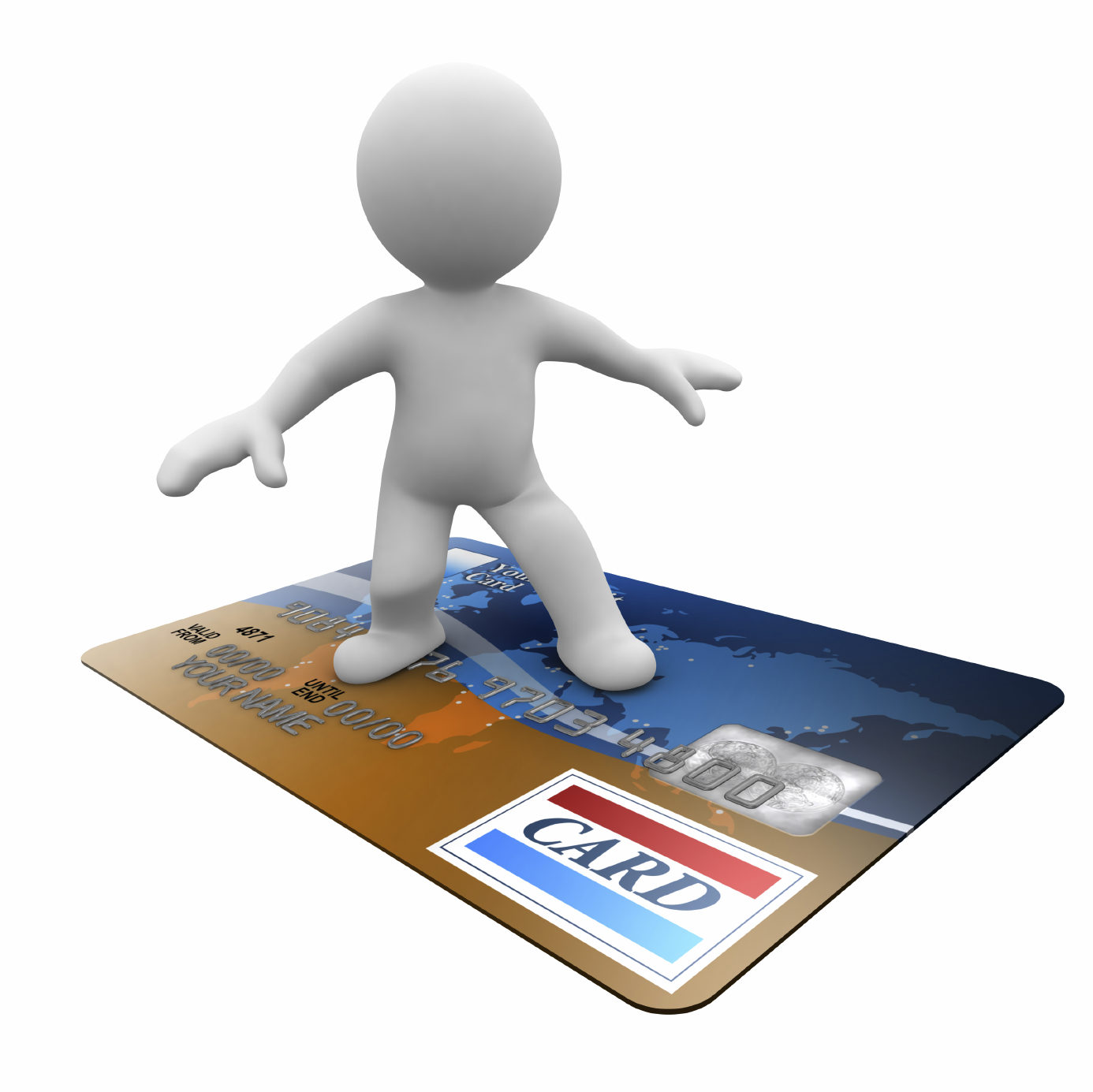Newsletter
Tax Time 2013 Key Changes
- Tuesday, 01 July 2014 04:37
AUSTRALIAN BANK ACCOUNT DETAILS ARE REQUIRED WHEN REFUNDS ARE EXPECTED FOR INDIVIDUALS
According to the ATO, the fastest, most-secure way for you to receive your refund is to have it paid directly into a nominated Australian bank account using electronic funds transfer (EFT). 
From 1 July 2013, individual tax returns with an estimated refund will require bank account details including BSB, account number and name to be entered when lodging electronically. Joint accounts and trust accounts are acceptable.
INCREASE TO THE TAX-FREE THRESHOLD
From 1 July 2012, the tax-free threshold has been increased to $18,200 with the effective tax free threshold rising to $20,542. Taxable income below this threshold means you will no longer pay any tax or Medicare levy on that income.
If your taxable income is under the tax-free threshold, there are reasons why you may still need to lodge an income tax return. The most common reason would be that you had pay as you go (PAYG) withheld from payments received during the year. The only way you can get that tax refunded is to lodge an income tax return for that year.
CHANGES TO DEPENDANT TAX OFFSETS
There are changes to what you can claim for certain dependants:
- If your spouse was born on or after 1 July 1952, you can no longer claim a dependant spouse tax offset for them at item T1.
- You can only claim the housekeeper and child housekeeper tax offsets if you are eligible for a zone or overseas forces tax offset at item T5. If you are not eligible for a zone or overseas forces tax offset, you may be entitled to claim the new dependant (invalid and carer) tax offset at item T7 for a spouse born on or after 1 July 1952, parent, parent-in-law or invalid relative.
To be eligible for the new offset your dependant must receive a government payment as an invalid or carer or be caring for someone who receives a government payment as an invalid.
NET MEDICAL EXPENSES TAX OFFSET
The amount of net medical expenses tax offset you can claim now depends on your level of income. Net medical expenses are out-of-pocket medical expenses incurred minus any refunds received from Medicare or a private health insurer.
You can claim an offset of 20% of your net medical expenses over $2,120 for singles and families earning adjusted taxable income of up to $84,000 and $168,000, respectively, for the year ended 30 June 2013. Where these thresholds are exceeded, you can only claim an offset of 10% of your net medical expenses over $5,000. The family threshold will increase by $1,500 for each dependent child after the first.
The government announced in the 2013-14 Federal Budget that the net medical expenses tax offset will be phased out from 1 July 2013. Essentially, it is proposed that the net medical expenses offset will only be claimable in the 2014-15 and 2015-16 financial years where it has been claimed by an eligible taxpayer in the immediately preceding year.
SMSF News
- Tuesday, 01 July 2014 04:37
CHANGES TO THE ROLLOVER BENEFITS STATEMENT FROM 1 JULY 2013
From 1 July 2013, the Rollover benefits statement (RBS) is changing. You will need to use the new form for all rollovers from this date. The new RBS form and instructions are now available on the ATO website at ato.gov.au.
The new form has no current year contributions information. This affects how you report contributions in the 2014 SMSF Annual Return (SAR). From 1 July 2013, all contributions received by a super fund during a financial year must be reported to the ATO by that fund that originally receives the contribution and not by another fund when the contributions are transferred in a rollover. In the 2014 SAR, you only report contributions received directly by the super fund during the 2013-14 financial year.
You generally must use the RBS when you pay a rollover superannuation benefit to another super fund and you are not already providing all of this information electronically under the Superannuation Data and Payment Standards 2012 (the rollover data standard).
If you give a statement to the receiving fund, using either the RBS or an electronic statement using the data standard, you must give the statement to your member within 30 days of the rollover payment. Use the RBS, or a similar form you create that includes the same information.
PAYING BENEFITS FROM A SMSF 
The ATO have produced a new publication called Paying benefits from a self-managed super fund (NAT 74124). This publication addresses a growing need for more specific information to assist you if your fund has members who will soon be entering, or have entered retirement.
The rules and regulations that apply to your SMSF in the accumulation phase continue when a member retires, however, paying retirement benefits brings additional regulatory and taxation requirements. This publication provides topical information about the issues you need to understand to meet the regulations that govern the payment of benefits. It is designed to help you understand your increased responsibilities when making retirement payments out of your SMSF.
NEW POWERS TO ADDRESS NON-COMPLIANCE
Legislation was introduced in November 2012 to give the ATO more flexible and proportionate powers to address non-compliance by SMSF trustees. These new powers include administrative penalties and education and rectification directions. If passed by parliament, they will apply to contraventions that occur on or after 1 July 2013.
A bill has been introduced into parliament to tax illegally released super benefits at 45% from 1 July 2013.
2013-2014 NSW Budget Changes
- Tuesday, 01 July 2014 04:37
INCREASE IN THE PAYROLL TAX THRESHOLD
Increase in the payroll tax threshold from $689,000 to $750,000 from 1 July 2013 and indexation will be removed. This means around 1,300 fewer businesses will have to pay payroll tax and the remaining will have their payroll tax bill cut by an average of $3,000 per annum.
INCREASE IN THE PAYROLL TAX REBATE 
The Jobs Action Plan is a key priority of the NSW Government and is designed to give NSW businesses the incentive to employ new workers and expand their enterprises in both metropolitan and non-metropolitan areas. Under the plan, businesses that increase the number of full-time equivalent (FTE) employees receive a payroll tax rebate following the employment of each additional employee in a position that is a new job.
To be eligible for the rebate scheme, you must be registered as an employer and paying payroll tax under the Payroll Tax Act 2007. The payroll tax rebate will be extended for another two years, until 30 June 2015, and the rebate will be increased from $4,000 to $5,000 for each new job supported under the Jobs Action Plan after 1 July 2013.
The rebate applies to the employment of an additional employee in a new job and will be paid in two parts:
- $2,000 will be paid at the end of the first year of employment; and
- $3,000 will be paid at the end of the second year of employment.
For part-time employees the rebate will be pro-rated based on full time equivalent hours of employment.
FIRST HOME OWNER GRANT (NEW HOMES) SCHEME 
The First Home Owner Grant (New Homes) grant of $15,000 is extended for a further 2 years from 31 December 2013 to 31 December 2015. It will reduce to $10,000 from 1 January 2016.
The scheme was established to assist eligible first home owners to purchase a new home or build their home by offering a $15,000 grant. The grant applies to new homes only and does not apply to the purchase of an established home, vacant land, business premises or a holiday house.
2013-2014 Budget Reform Announcements
- Tuesday, 01 July 2014 04:37
MEDICARE LEVY INCREASE TO FUND NDIS
The Australian Government will increase the Medicare levy by 0.5% from 1 July 2014 to help fund its proposed National Disability Insurance Scheme (NDIS), now renamed DisabilityCare Australia. This would take the Medicare levy from 1.5% to 2% of taxable income. Low income earners would continue to receive relief from the Medicare levy through the low income thresholds for singles, families, seniors and pensioners. The current exemptions from the Medicare levy would also remain in place, including for blind pensioners and sickness allowance recipients. 
DEDUCTIONS FOR WORK-RELATED SELF-EDUCATION TO BE CAPPED
The Australian Government is currently proposing to cap the deduction for work-related self-education expenses per person to $2,000 effective from 1 July 2014.
The proposal was announced by the Treasurer on 13 April 2013 "as part of a package of reforms to make a down-payment on the National Plan for School Improvement" and was confirmed in the 2013 Budget. The paper examines the current treatment of education expenses including what qualifies as an education expense, and works through a range of issues related to the proposed cap, such as the effect of the cap on the depreciation of capital assets relating to education, the current $250 no-claim threshold and personal services income.
BABY BONUS 
To target assistance to where it is needed most, the Government is introducing reforms to ensure the sustainability of the family payments system. From 1 March 2014, the Baby Bonus will be replaced by an increase to Family Tax Benefit Part A (FTB-A) of $2,000 on the birth or adoption of a first child and $1,000 for subsequent children. Pauses on indexation of higher income test thresholds for family payments, dependency tax offsets and FTB supplements will also be extended until 1 July 2017.
SUPERANNUATION CONCESSIONAL CONTRIBUTIONS CAP
The Government is simplifying the design and administration of the higher concessional contributions cap, by providing a $35,000 cap to anyone who meets certain age requirements. It is important for those who have not had the benefit of the SG for all of their working lives to be able to contribute more to their superannuation as they approach retirement. The start date for the higher cap will be brought forward to 1 July 2013 for those aged 60 and over, with those aged 50 and over able to access the higher cap from 1 July 2014.
Newsletter Signup
Receive FREE information and advice on Accounting & Taxation every Quarter
SignupArchive
- 4th Quarter 2024 (8)
- 3rd Quarter 2024 (9)
- 2nd Quarter 2024 (9)
- 1st Quarter 2024 (11)
- 4th Quarter 2023 (11)
- 3rd Quarter 2023 (9)
- 2nd Quarter 2023 (7)
- 1st Quarter 2023 (8)
- 4th Quarter 2022 (9)
- 3rd Quarter 2022 (8)
- 2nd Quarter 2022 (10)
- 1st Quarter 2022 (9)
- 4th Quarter 2021 (9)
- 3rd Quarter 2021 (8)
- 2nd Quarter 2021 (9)
- 1st Quarter 2021 (7)
- 4th Quarter 2020 (8)
- COVID-19 STIMULUS NEWSLETTER (8)
- 3rd Quarter 2020 (7)
- 2nd Quarter 2020 (9)
- 1st Quarter 2020 (9)
- 4th Quarter 2019 (8)
- 3rd Quarter 2019 (8)
- 2nd Quarter 2019 (7)
- 1st Quarter 2019 (8)
- 4th Quarter 2018 (7)
- 3rd Quarter 2018 (8)
- 2nd Quarter 2018 (8)
- 1st Quarter 2018 (8)
- 3rd Quarter 2017 (7)
- 2nd Quarter 2017 (7)
- 1st Quarter 2017 (7)
- 4th Quarter 2017 (8)
- 4th Quarter 2016 (7)
- 3rd Quater 2016 (7)
- 2nd Quater 2016 (7)
- 1st Quarter 2016 (8)
- 4th Quarter 2015 (6)
- 3rd Quarter 2015 (6)
- 2nd Quarter 2015 (8)
- 1st Quarter 2015 (6)
- 4th Quarter 2014 (7)
- 3rd Quarter 2014 (8)
- 2nd Quarter 2014 (7)
- 1st Quarter 2014 (8)
- 4th Quarter 2013 (7)
- 3rd Quarter 2013 (6)
- 2nd Quarter 2013 (9)
- 1st Quarter 2013 (8)